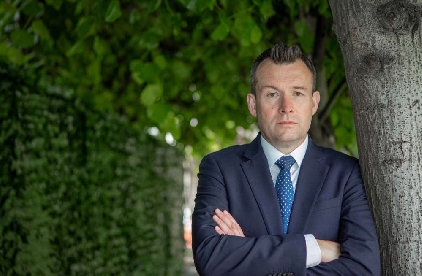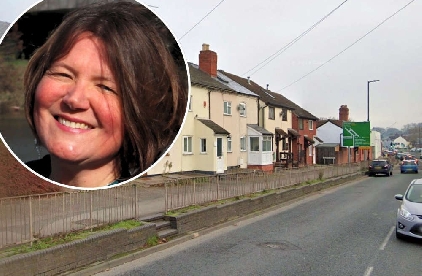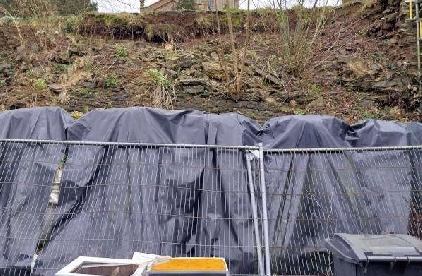
Gwent's NHS board is on track to meet its “worst case” planned overspend of £60 million this financial year.
That is based on spending during April, the first month of the current financial year, which was around £5m over its planned budget, described as an “adverse variance”.
Robert Holcombe, the Aneurin Bevan University Health Board’s finance chief, said it is working towards a £48.9m projected deficit – that is the difference between the amount of money it receives and how much it actually spends.
He told the board’s May meeting it has planned on making £40m in savings this year and has a worst case scenario of a £60m deficit and a best case of £48.9m.
“The month one report, of just under £5m, equates to the established worst case,” said Mr Holcombe.
But he said officers are also aware time is needed to generate planned savings and he said improvement on the April figures is expected.
Health board chair Ann Lloyd said the Welsh Government “expects us to go further” than its own projected deficit which is £36m more than the £13m deficit the Welsh Government has set the board as a “control total”.
Of the board’s funding £64.5m – awarded as an in-year cash injection last year – is conditional this year on it making progress towards the £13m deficit figure.
In total it has £1.7 billion in funding, from the Welsh Government, for the current financial year. Any savings in excess of the planned £40m will contribute to reducing the £48.9m deficit.
Independent board member Paul Deneen asked if the number of fit patients stuck in hospital beds, as there are no care plans in place for them to return home, are acknowledged by the Welsh Government when it looks at the board’s current spending.
Figures show there were 289 such patients at the end of April costing more than £1m a month and around £15m over the year.
“That’s effectively another hospital of 289 patients we have to pay for who shouldn’t be part of our budget. That seems to be the elephant in the room of not only this health board,” said Mr Deneen.
Finance chief Mr Holcombe said some delays are due to the health board but said it is a nationally recognised issue and Ms Lloyd said health minister Eluned Morgan has raised the issue. According to the board 45 per cent of “blocked beds” are related to social care or packages of care, 28 per cent “health related” and the remaining 27 per cent due to factors such as family issues or nursing homes.
Significant costs issues during the first month of the year have included the average price of prescriptions rising to £7.44 “significantly above” the planned estimate of £7.29 – but Mr Holcombe said the cost can fluctuate.
Enhanced cleaning costs and others pressures associated with its many buildings were also highlighted as were variable pay costs to cover sickness and vacancies on mental health wards and work to meet cancer targets.
Variable pay, which covers agency, bank staff and locums, was £6m in April down from last year’s average of £7.75m a month. Total agency spend was £2.6m compared with £2.9m in March.
Chief executive Nicola Prygodzicz said the board last year had a financial deficit of £112m which was predicted to rise to £166m but was eventually reduced due to additional funding from the Welsh Government.
She also said the board had made “good progress” on recruitment and retaining its existing staff and had last year reduced its bill for agency staff by £18m.
This year’s £40m savings plan includes £29.1m of identified savings, from staffing costs and medicines, and £11.4m of potential savings.


 MP raises concerns over future of Post Office network
MP raises concerns over future of Post Office network
 County ‘needs to stop using this chemical’ says North Herefordshire MP
County ‘needs to stop using this chemical’ says North Herefordshire MP
 Statue of Lord Hill on The Column to be repaired
Statue of Lord Hill on The Column to be repaired
 Ludlow concerts draw 40,000 people
Ludlow concerts draw 40,000 people
 Power company ‘tripling capacity’ of overhead lines to ‘reinforce’ network
Power company ‘tripling capacity’ of overhead lines to ‘reinforce’ network
 Church to take “enforcement action” against council
Church to take “enforcement action” against council
 Lorry driver taken to hospital after crash
Lorry driver taken to hospital after crash
 Agencies campaign to prevent heart-wrenching water tragedies
Agencies campaign to prevent heart-wrenching water tragedies
